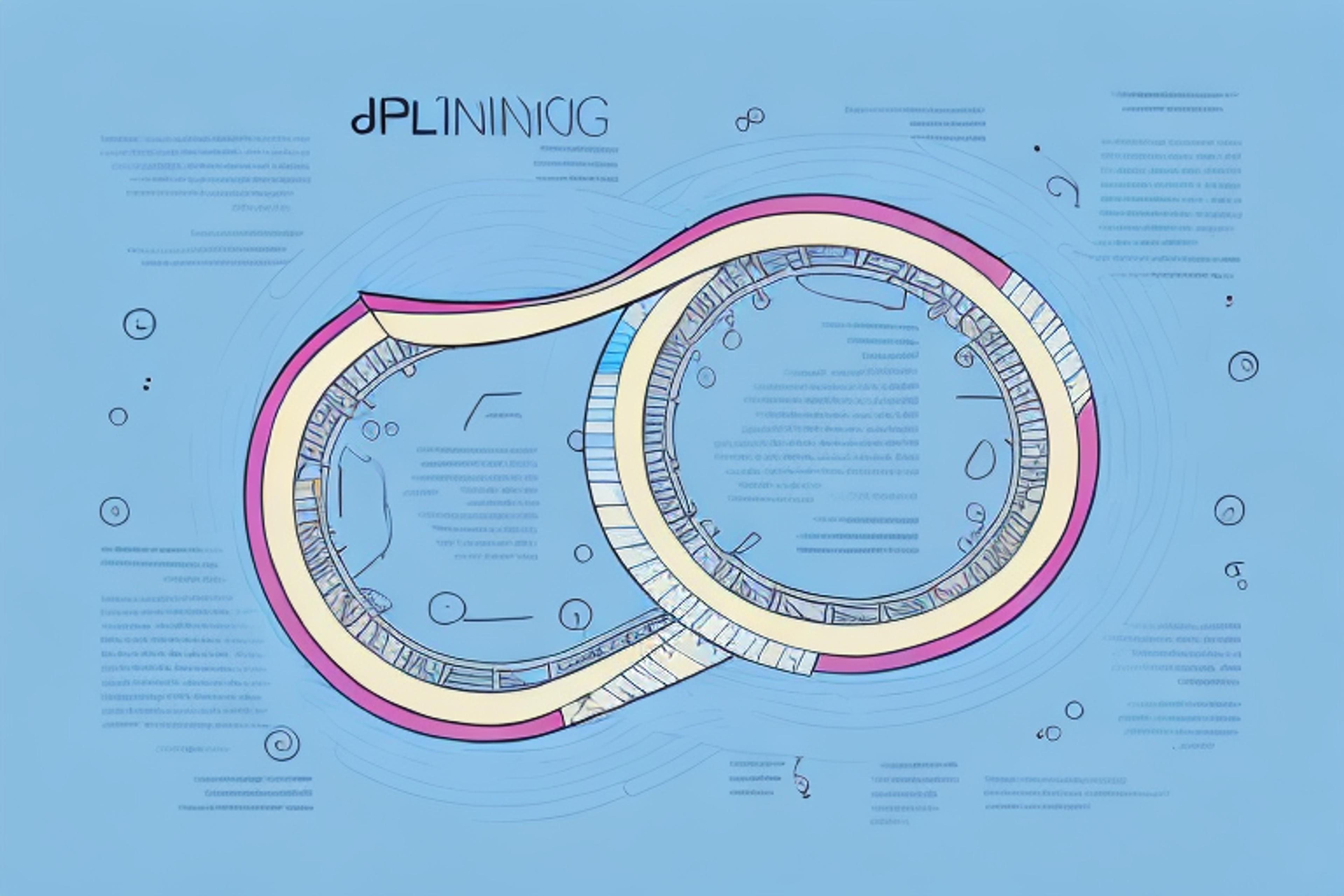How to Prepare for Alvarez & Marsal Management Consulting Case Interviews?
Are you aspiring to become a management consultant at Alvarez & Marsal? Our article provides valuable insights on how to prepare for their case interviews.
Posted April 10, 2025

Table of Contents
Free Event

Featuring Mattijs B.
Crack the MBB Consulting Case
Starting Wednesday, April 16
4:30 PM UTC · 30 minutes

Featuring Mattijs B.
Are you getting ready for an Alvarez & Marsal (A&M) management consulting case interview? Congratulations on taking this important step towards advancing your consulting career! A&M is one of the most reputable management consulting firms in the world, known for their expertise in turnaround and restructuring, forensic and dispute resolution, and performance improvement.As you prepare for your interview, it's essential to have a deep understanding of the case interview process, the types of questions you might face, and how to approach the interviewing panels. This article is designed to provide you with a comprehensive guide on how to prepare for an Alvarez & Marsal management consulting case interview, including tips and strategies for acing the interview, and common mistakes to avoid. Let's get started!
What is Alvarez & Marsal management consulting?
Alvarez & Marsal is a leading global professional services firm that provides a wide range of business consulting services. They specialize in turnaround and restructuring, forensic and dispute resolution, and performance improvement. The company was founded in 1983 and has since grown to become one of the most respected management consulting firms in the industry, with clients from various industries, including financial services, healthcare, retail, and manufacturing.
One of the key strengths of Alvarez & Marsal is their ability to provide customized solutions to their clients. They work closely with their clients to understand their unique challenges and develop tailored strategies to address them. This approach has helped them to build long-term relationships with their clients and establish a reputation for delivering results.
In addition to their consulting services, Alvarez & Marsal also offers a range of training and development programs for businesses. These programs are designed to help organizations build the skills and capabilities they need to succeed in today's rapidly changing business environment. They cover a wide range of topics, including leadership development, change management, and strategic planning.
Understanding the case interview process
The case interview is a critical part of the Alvarez & Marsal recruiting process, where candidates are presented with a business problem and asked to offer solutions. The interviewer assesses the candidate's problem-solving skills, ability to communicate effectively, and overall approach to the problem. The case interview usually lasts between 30 to 60 minutes and can be conducted over the phone, Skype, or in person.
It is important for candidates to prepare for the case interview by practicing with sample cases and familiarizing themselves with common business concepts and frameworks. Candidates should also be prepared to ask clarifying questions and think creatively to come up with innovative solutions.
During the case interview, candidates should focus on structuring their thoughts and communicating their ideas clearly and concisely. It is also important to remain calm and composed under pressure, as the interviewer may intentionally create a stressful environment to test the candidate's ability to handle high-pressure situations.
Tips for acing the Alvarez & Marsal case interview
Here are some essential tips to help you ace the A&M case interview:
1. Listen actively:
Active listening is critical during the A&M case interview. Listening to the problem presented, taking notes, and asking clarifying questions is an essential part of solving the case. Active listening shows the interviewer that you are engaged in the process and interested in understanding the situation presented.
2. Structure your thoughts:
Structuring your thoughts is a critical step in solving the case. Identify the key problem areas and prioritize them in your mind. Develop a logical and structured approach to addressing the problem, starting with the most critical areas, and focusing on the most pressing issues.
3. Rehearse your communication skills:
Strong communication skills are essential in the consulting industry. Practice communicating your ideas in a clear and concise manner, using simple language that anyone can understand. Be mindful of your body language, eye contact, and tone of voice.
4. Collaborate with your interviewer:
Collaborating with the interviewer and engaging them in the process can help you better understand the problem and come up with creative solutions. Remember that the interview is not a test of your knowledge but rather an opportunity to showcase your problem-solving skills.
It's also important to do your research on the company and the industry before the interview. Understanding the company's values, mission, and recent projects can help you tailor your approach to the case and demonstrate your interest in the company. Additionally, staying up-to-date on industry trends and news can help you bring a fresh perspective to the case and showcase your knowledge and expertise.
Preparing for the quantitative portion of the interview
The quantitative portion of the interview tests your ability to solve mathematical problems quickly and accurately. Here are some tips to help you prepare for this segment:
1. Brush up on your math skills:
Review high school and college-level math topics, such as algebra, geometry, and statistics. Practice problems on basic arithmetic, percentages, ratios, and proportions.
2. Improve your mental math skills:
Practice mental math exercises to improve your ability to solve problems quickly. This will help you save time during the interview and impress your interviewer with your quick thinking.
3. Practice case studies:
Practice solving case studies to get used to the thought process and the type of questions you may face during the quantitative segment of the interview.
It's also important to familiarize yourself with the format of the quantitative portion of the interview. Some companies may use multiple-choice questions, while others may require you to show your work and explain your thought process. Knowing what to expect can help you feel more confident and prepared on the day of the interview.
Preparing for the qualitative portion of the interview
The qualitative section of the interview focuses on your problem-solving and critical thinking skills. Here are some tips to help you prepare:
1. Stay up-to-date with current events:
Read newspapers, business journals, and other relevant publications to keep up with the latest industry trends and current events. This will help you be more informed during the qualitative portion of the interview.
2. Analyze case studies:
Practice analyzing case studies to improve your critical thinking skills. You can practice identifying the key issues, making recommendations, and developing a logical structure for your argument. Consider practicing with a study partner and role-playing different scenarios.
3. Research the company:
Take the time to research the company you are interviewing with. Look at their website, social media pages, and any recent news articles about the company. This will help you understand their values, mission, and goals, and allow you to tailor your responses to the company's specific needs and culture.
How to research and practice for the interview
A&M provides excellent resources on their website, including case studies, articles, and videos. You can also use the internet to find other reliable sources of information and practice cases. Practice interviewing with a friend or colleague, and request feedback on your performance.
Another great way to prepare for an interview is to research the company and its culture. Look for information on the company's mission, values, and recent news or events. This will help you understand the company's priorities and what they are looking for in a candidate.
It's also important to prepare for common interview questions, such as "Tell me about yourself" and "What are your strengths and weaknesses?" Practice your responses to these questions, and be sure to highlight your relevant skills and experiences. Remember to also prepare questions to ask the interviewer, such as "What are the biggest challenges facing the company right now?" and "What opportunities are there for growth and development in this role?"
Common mistakes to avoid during the interview
Here are some common mistakes to avoid during the interview:
1. Jumping to conclusions:
Rushing to a conclusion without fully understanding the problem can lead you to the wrong solution. Take the time to listen and analyze the situation presented, and ask clarifying questions if necessary.
2. Focusing too much on technical knowledge:
While technical knowledge is essential, focusing too much on it can lead to neglecting other important aspects of the problem. Make sure to balance your technical knowledge with strong problem-solving and communication skills.
3. Neglecting situational awareness:
Be aware of your surroundings during the interview. Pay attention to non-verbal cues, verbal feedback, and other contextual factors that may impact your performance.
4. Not researching the company:
Before the interview, make sure to research the company and its values. This will help you understand the company culture and tailor your responses to align with their values.
5. Not preparing for common interview questions:
Prepare for common interview questions such as "Tell me about yourself" and "What are your strengths and weaknesses?" This will help you feel more confident and prepared during the interview.
What to expect after the interview
If you are successful in the A&M case interview, you will be invited for additional interviews with the firm. These interviews may include further case studies and behavioral interviews.
It is important to note that even if you are not successful in the A&M case interview, you will still receive feedback on your performance. This feedback can be valuable in helping you improve your skills and prepare for future interviews. Additionally, A&M encourages candidates to reapply after a certain period of time has passed, so don't be discouraged if you are not successful on your first attempt.
Frequently Asked Questions about Alvarez & Marsal case interviews
Here are some commonly asked questions about Alvarez & Marsal case interviews:
1. What is the typical duration of the A&M case interview?
The case interview typically lasts between 30 to 60 minutes.
2. What is the best way to prepare for the A&M case interview?
The best way to prepare is by practicing case studies, improving your math skills, and enhancing your communication and problem-solving skills.
3. What is the dress code for the interview?
The dress code is usually business formal, although you may want to confirm with the interviewer beforehand.
In conclusion, preparing for an Alvarez & Marsal management consulting case interview requires a combination of strong problem-solving skills, communication skills, and industry knowledge. Use the tips and strategies outlined in this article to help you ace the interview and take the first step towards a successful consulting career.
4. What types of case studies can I expect in an A&M case interview?
Case studies in an A&M case interview can vary, but they typically focus on real-world business problems that require analytical thinking and problem-solving skills. Some examples may include market entry strategies, cost optimization, or organizational restructuring.
It is important to approach each case study with a structured and logical framework, and to communicate your thought process clearly to the interviewer. Practice analyzing case studies and presenting your findings to others to improve your skills and confidence in this area.


















